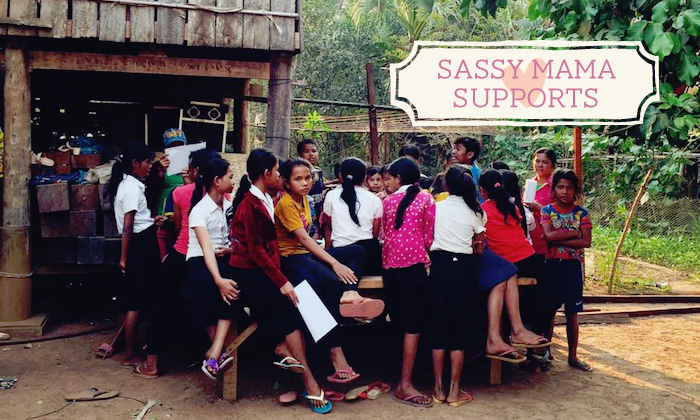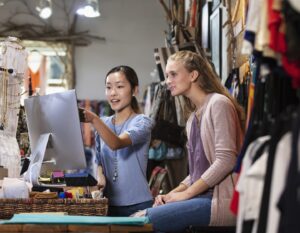

29,500
This is the estimated number of people being exploited for domestic labor, sex work and other services here in Hong Kong*. Believe it or not, mamas, but this is already considered extremely conservative by frontline and grassroots human rights organisations in Asia’s “world city”.
Here at Sassy Mama HQ, we are big supporters of homegrown initiatives that aim to educate and positively change the city we live in, which is why we’re here to support STOP: Stop Trafficking of People. Their work is vital in the fight against trafficking in Hong Kong as the only non-profit in Hong Kong specifically dedicated to eradicating human trafficking and providing direct services to survivors in this city.
When someone is trafficked, they are deceived, manipulated and threatened, sometimes even beaten and kept prisoner by their abusers. They are the migrant domestic worker deceived about her work conditions, having her passport taken away, a monthly deduction taken off the first eight months of her salary, and forced to pay off a loan she knows nothing about. They are the woman in the one-room brothel who was brought in on a visitor’s visa, watched every minute of the day by “bodyguards” and made to service men daily. They are the dancer in Wan Chai who was told she would be working in a restaurant, but instead raped and forced to work in a bar until her “debt” is paid.
People from all around Asia, and even as far as Colombia and Eastern Europe, are regularly being trafficked into and out of Hong Kong and multiple tactics are used to exploit them in the commercial sex industry and domestic servitude. And the survivors, even with the right support to escape abuse, often take years to recover from the trauma inflicted upon them.
STOP is committed to supporting survivors through four responses:
Legal Assistance Referral
Since there is still no comprehensive anti-human trafficking or victim protection legislation in Hong Kong, it is very difficult for trafficking survivors to seek justice against their perpetrators. STOP bridges this gap by connecting survivors with legal partners with expertise in human rights and criminal law who can inform them of their rights and support them through the complicated legal process.
Outreach
STOP partners with several other community groups to do outreach in places like Wan Chai, Yau Ma Tei, Tsim Sha Tsui, and Yuen Long every week. Actively engaging with the needs of those in the community who are most vulnerable allows the STOP team to develop a deeper understanding of the ever-changing face of trafficking in Hong Kong, and more accurately identify potential victims. The people they reach out to are isolated and afraid. Their weekly visits provide them with meaningful contact with safe adults who can provide practical and emotional support.
Network Building
Human trafficking is a highly organised crime and in order to make progress, organisations need to come together and collaborate to achieve common goals. STOP partners with different organisations in the city to exchange experiences, strengthen each other’s capacity by sharing resources, and build a united voice to speak out against trafficking.
Public Education
STOP provides bi-lingual resources and free training workshops to help frontline organisations, key agencies, and interested individuals in Hong Kong understand what human trafficking is, how to identify potential victims, and how to provide trauma-informed assistance to survivors. They have also recently published a bilingual glossary of human trafficking terms used in Hong Kong in order to provide practitioners and citizens a reliable reference for how to talk about the issue using relevant language. An online copy of the glossary can be found here.
Where survivors are often silenced by fear, isolation, dependency and psychological control, STOP also provides a bilingual storytelling platform on their website where survivors are given space and a voice to share their stories.
You can support the important work of STOP by contributing to their #RunForSTOP fundraising campaign or emailing them at [email protected] to get involved in other ways.
![]()
![]()
It’s all about being educated about the facts so we can help… we can never say we never knew.
*Global Slavery Index, 2016
 View All
View All











 View All
View All





 View All
View All


 View All
View All













